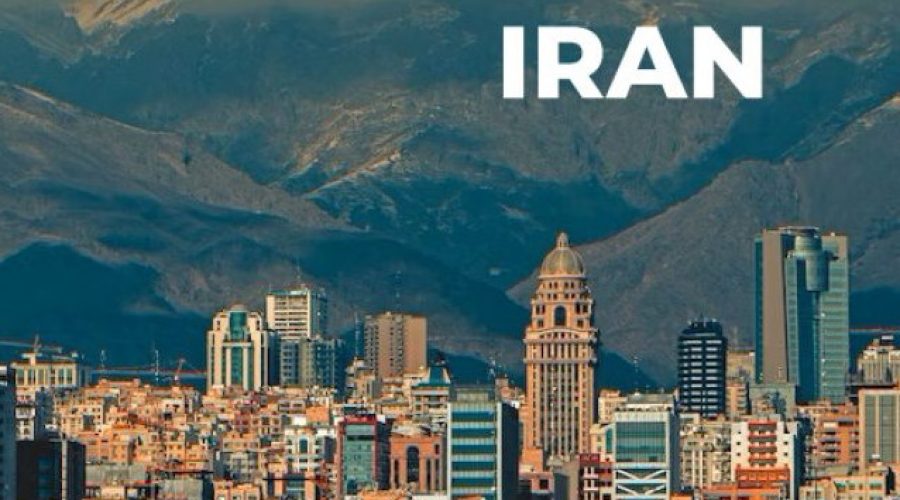IRAN: Afghan lawyers in Iran at risk of refoulement
The OIAD is extremely concerned about the decision of the Islamic Republic of Iran to repatriate Afghan migrants to Afghanistan. Among these migrants are more than 23 lawyers and their families, who risk arbitrary arrest and detention, as well as torture or extrajudicial executions.
Since the Taliban takeover in August 2021, Afghan lawyers have faced significant restrictions on their ability to practise their profession. Only lawyers approved by the Taliban authorities are now allowed to operate, and legal professionals are subject to arrest, threats and even murder, particularly when involved in human rights defence work.
Women have also been excluded from the profession and banned from accessing judicial institutions, often forcing them into hiding to avoid reprisals.
Against this backdrop, several Afghan lawyers targeted by reprisals have fled to Iran with their families. However, since 2023, many Afghan refugees have been returned to their country of origin by Iran.
The Islamic Republic of Iran has ratified the 1951 Geneva Convention relating to the Status of Refugees, which enshrines non-refoulement in Article 33: “1) No Contracting State shall expel or return (‘refouler’) a refugee in any manner whatsoever to the frontiers of another State where there are serious reasons for believing that he would be in danger of being subjected to persecution on account of his race, religion, nationality, or political opinion.‘.
The Convention against Torture also recalls, in Article 3, the following principle: ‘1. No State Party shall expel, return or extradite a person to another State where there are substantial grounds for believing that he would be in danger of being subjected to torture.
In addition to the risks associated with the de facto Afghan authorities’ inability to meet the needs of their population, Afghan lawyers are directly exposed to serious violations of their fundamental rights. The United Nations also highlighted this risk in a report published on 24 July 2025, referring to potential ‘acts of torture and ill-treatment, arbitrary arrests and detentions, as well as threats to their personal safety’.
The Observatory urges the Iranian authorities to fully respect the principle of non-refoulement established by the Geneva Convention relating to the Status of Refugees, ratified by the Islamic Republic of Iran in 1976.
The Observatory urges the Iranian State to immediately stop the forced expulsions of all persons at risk of persecution in Afghanistan, including legal professionals.
The Observatory calls for guarantees of safety and protection against all forms of violence, harassment or arbitrary arrest for Afghan lawyers in exile.
The Observatory encourages the Islamic Republic of Iran to cooperate with the United Nations High Commissioner for Refugees (UNHCR) and relevant NGOs to ensure a coordinated, humane and internationally law-abiding response.
The Observatory strongly condemns any measures aimed at intimidating, expelling or restricting the fundamental rights of Afghan refugee lawyers.
Find us on:
- X: @ProtectLawyers
- LinkedIn: Observatoire international des avocats en danger
- Bluesky: @oiad.bsky.social

